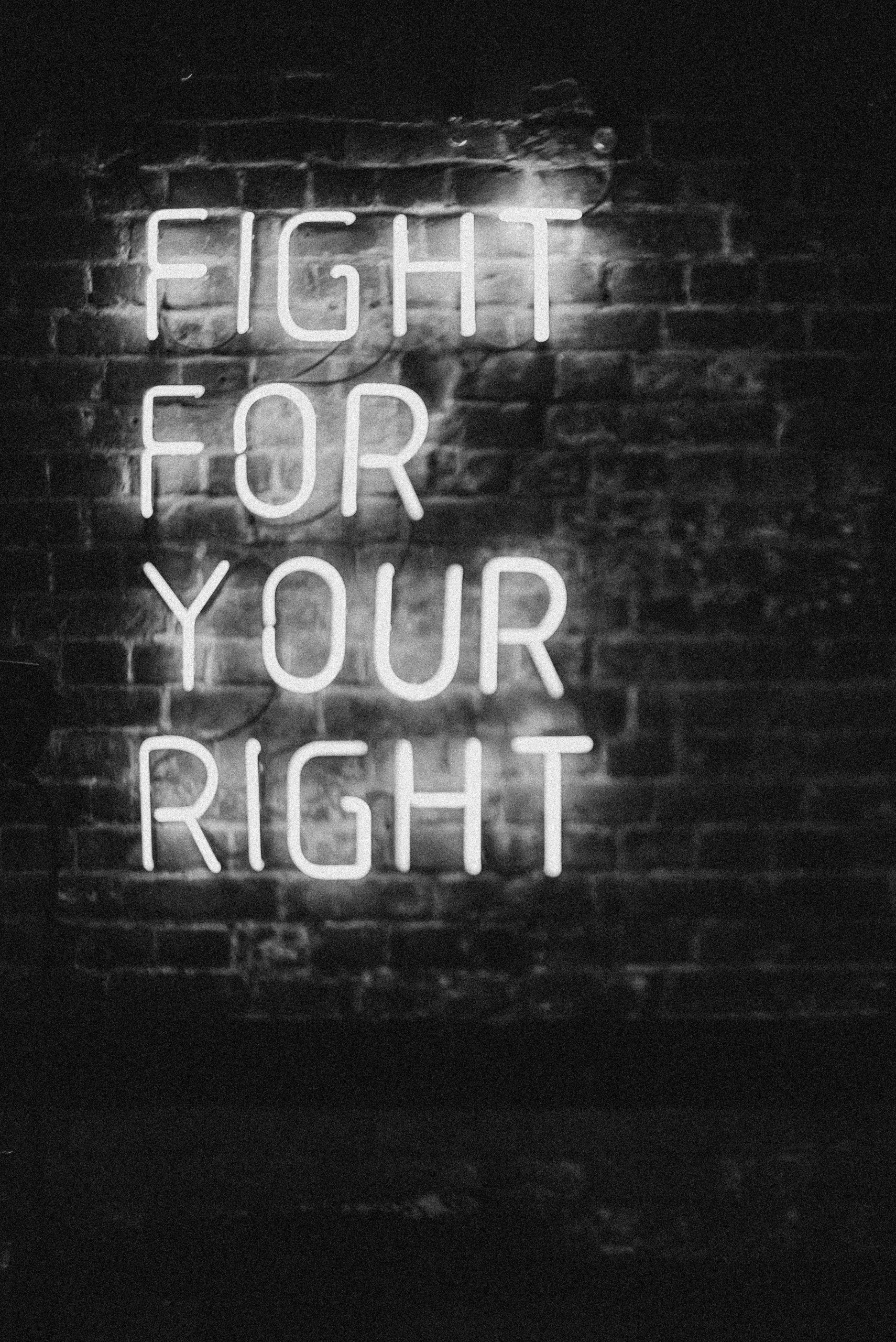Handling a Rear-End Collision with an Uninsured and Unlicensed Driver: Essential Guidance for Your Next Steps
Being involved in a rear-end collision can be stressful, especially when the at-fault driver lacks proper licensing and insurance. If you’ve recently experienced such an incident, here are important considerations and advice to help you navigate the situation responsibly and protect your interests.
Case Overview
Imagine your recent experience: a minor accident occurred when a driver without a license or insurance rear-ended your vehicle. The damage is minimal—a scratched rear bumper—and the incident was recorded on video, capturing the license plate, driver, passenger, and the scene itself. The driver has proposed to settle privately, circumventing insurance claims, and has provided minimal identification, including a phone number and photos.
Key Questions Explored
-
Insurance Claim Filing and Deadlines
-
Can I wait until Monday to obtain a repair quote before filing a claim?
Typically, insurance companies like GEICO have deadlines within which claims must be reported—often 24 to 48 hours after the incident. While you can delay to get a repair estimate, it’s advisable to notify your insurer promptly to prevent potential complications or denial of coverage. You might consider informing GEICO today about the accident and clarifying that you are exploring a settlement with the other party. This proactive step can establish a record of the incident without immediately initiating a claim, providing flexibility for your next moves. -
Collision Deductible Waiver for Uninsured Drivers
-
Are you eligible for a waiver of your collision deductible because the other driver is uninsured?
In many cases, if you possess collision coverage and the at-fault driver is uninsured, you can file an uninsured motorist property damage (UMPD) claim. This often allows you to recover damages, including your deductible. It’s essential to consult your policy details or speak directly with GEICO to confirm eligibility and the process for obtaining a waiver or reimbursement under these circumstances. -
Impact on Your Insurance Premiums
-
Will this incident adversely affect your insurance rates even if you are not at fault?
Generally, if you are not at fault and have sufficient evidence to support your claim—such as video footage and photos—your premiums should not be negatively impacted. However, insurance policies and companies vary in their procedures. It’s wise to discuss your specific situation with your insurer, provide them with all available evidence, and clarify that



